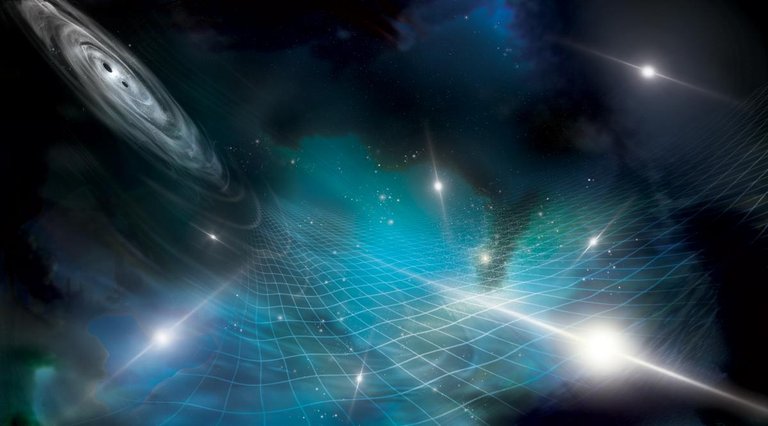They detect through pulses the signal of the strongest gravitational waves.

For the first time, they have received evidence of low-frequency gravitation waves through their influence on impulses. Gravitational waves (Time space distortions) were announced by Einstein in 1916, but were not confirmed until 100 years later. The LIGO observatory obtained the evidence and concluded that they were the result of the clash between two black holes.
On this occasion, the NANOGrav observatory has detected the change that implies the prolongation and contraction of the space Time in the radio waves of the voices. In fact, impulses spin hundreds of times per second and emit radio climates at a certain frequency. However, gravitational waves produce minimal variation at this frequency, measured in a 67 pulse network.
Comparing the changes in pulse frequencies over 15 years, they have concluded that the gravitational waves caused by these changes are very high, the most notable ever detected. They suggest that they are created by supermassive black holes found in a nearby orbit and that they are probably very frequent in the universe pairs to these black holes.
NANOGrave researchers anticipate finding pairs of supermassive black holes based on gravitational waves. Moreover, they also expect to detect the gravitational waves of the primitive universe.
Buletina
Bidali zure helbide elektronikoa eta jaso asteroko buletina zure sarrera-ontzian








